Ever since Uncharted 2, Naughty Dog has ranked among Sony’s most respected first-party studios, pushing technology and narrative in the triple-A space. Uncharted 4 was no different. Released in early 2016, it was one of the first truly next-gen games of that era.
Cross-gen games like Watch Dogs showed a notable PS4 and Xbox One advantage, but there was still a sense of technical stagnation. It wasn’t until Uncharted 4 that we caught a glimpse of something that couldn’t be done on previous consoles.
The Uncharted legacy
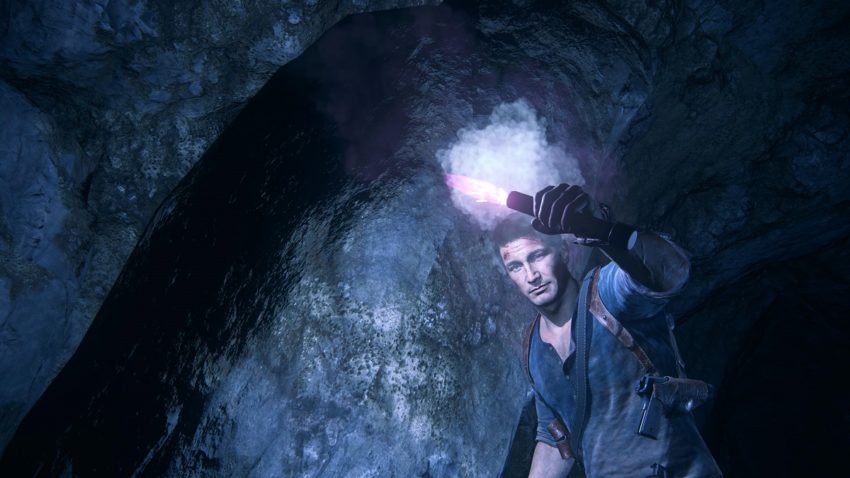
Uncharted 4’s visual fidelity made everything else at the time look years behind, but its impression ran deeper than that. The series’ association with technical innovation goes beyond pretty graphics. Technology has always been used to drive design, adding tiny details that make the overall experience more immersive or enjoyable.
In Uncharted 4’s case, shooting a pile of rocks on a slope would cause a rockslide that impacted the geometry underneath. Light shafts would penetrate smoke generated from explosions. Nathan’s chest hair strands were rendered individually. The list goes on.
Combined, these details contribute to this notion of Uncharted being greater than the sum of its parts. Uncharted 4 nailed this minutia of detail, leading to massive acclaim. However, while it has plenty of great qualities, its obsession with detail came at the cost of the core pillars that define a solid Uncharted experience.
Understanding Uncharted
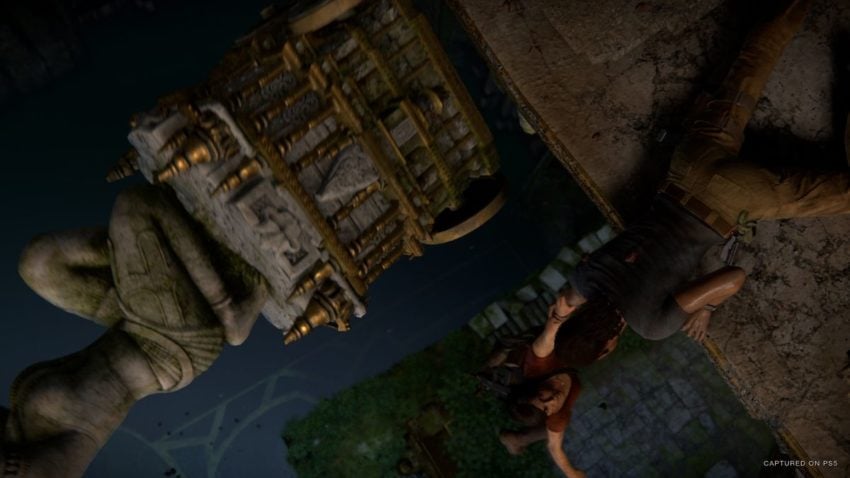
Uncharted is defined by three pillars — combat, puzzle solving, and exploration. People remember Uncharted 2’s set pieces, but they didn’t dominate the experience. While there was a lot of high-intensity action, it also had a decent amount of puzzle solving and platforming. Every slow moment gradually built into a smaller enemy encounter, which would balloon into a major set piece before slowing back down again.
This ingenious pacing meant that none of its mechanics overstayed their welcome. Action was serviceable, but shooting never felt as satisfying as more dedicated shooters. Similarly, puzzle solving and platforming worked when interspersed with adrenaline-fueled sequences. Uncharted’s platforming has always lacked agency with its extreme linearity and automation, filled with countless magnetic jumps.
It sounds damning, but mechanical simplicity is a tool that can be used effectively. Naughty Dog’s intentionally straightforward puzzles and platforming were a welcome reprieve from the collapsing buildings and convoy chase sequences. The lack of friction allowed these non-combat sections to play their part, letting players unwind, preparing them for another rising action and climax.
There’s also the style of writing. The Uncharted games have excellent writing, but not in the traditional sense. They’re filled with plot contrivances and character archetypes, but there’s a craft to the way these archetypes are used. Every generic plot point or character quirk exists as a vehicle to drive humorous character interactions. Uncharted revels in its self-awareness, capable of slowing down for intimate moments only when the need arises.
How The Lost Legacy does it better
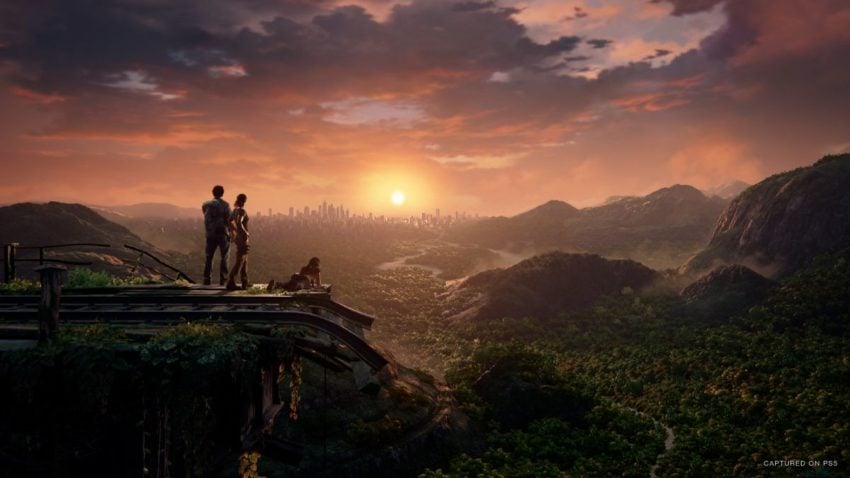
Uncharted 4 tosses out all of these lessons, leaning heavily on the franchise’s weakest links. The uneven distribution of its core gameplay pillars are where it falls apart. The vast majority of the game is spent walking, climbing, and solving puzzles.
With so much automation present during the act of platforming, its undisputed spotlight sticks out as a sore spot. It works as a supporting pillar — not as the main event. The puzzles are fine, but they’re much like the platforming in that they only work when used to support everything else.
It’s a shame that action took a step back because when it’s there, it is excellent. The larger combat spaces and more advanced AI allow for more intricate engagements. On a similar note, Uncharted 4’s Madagascar chase is one of the best set-pieces in the entire series. Unfortunately, it is the game’s only notable set-piece outside of the fleeting watchtower sequence with Nadine.
The writing direction also changed with a more serious tone that betrays the purposeful archetypes. It also relies too heavily on cutscenes. Naughty Dog used to use cinematics as a last resort, communicating as much as possible through gameplay. By contrast, Uncharted 4 is all too eager to throw in a cutscene at every possible opportunity.
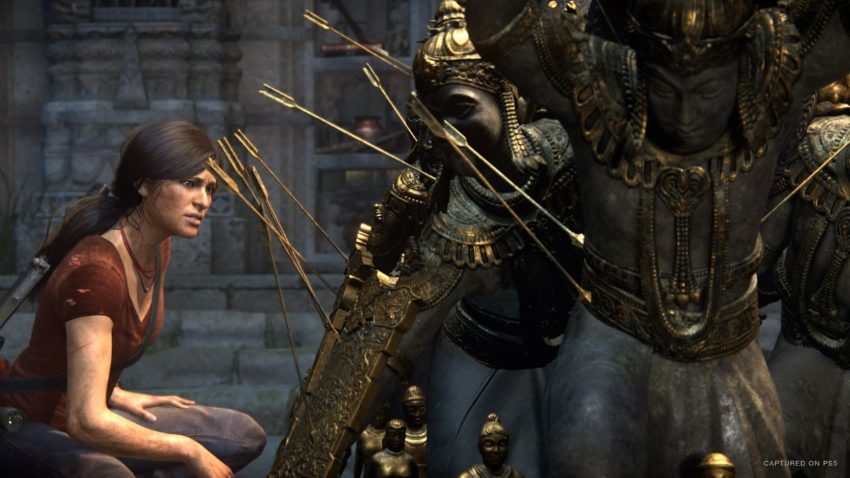
Thankfully, Uncharted: The Lost Legacy addresses practically all of this. To begin with, Naughty Dog found a much better balance between banter and emotional conflict. Even when dealing with a journey that is so personal for Chloe, it doesn’t forget that it’s a dumb popcorn flick in videogame form. Endearing interactions and serious moments arise, but never at the expense of the silliness that defines Uncharted.
More importantly, however, it strikes the franchise’s best balance between puzzle solving, exploration, and action since Uncharted 2. It isn’t just a matter of Uncharted: The Lost Legacy of having more action crammed into a tighter playtime. It’s its understanding of how to pace its highs and lows.
Whereas Uncharted 4 felt content languishing in its lows for extended periods of time, Uncharted: The Lost Legacy is the complete opposite. It understands that a small encounter ballooning into a larger set piece creates excitement. It also understands that sustaining such action for too long becomes daunting, which is why its puzzle solving and exploration serve the roles they need to.
You’re never spending too much time engaging with the mechanical simplicity of its puzzles and platforming. Naughty Dog remembered their purpose, creating a more even experience that doesn’t veer into self-indulgent territory. Uncharted: The Lost Legacy knows what it is and it’s all the better for it.
Uncharted: The Lost Legacy may not be the best Uncharted game, but it is still an excellent entry. Uncharted 4 may have gotten all the acclaim, but The Lost Legacy is so much more in tune with what makes the series tick.

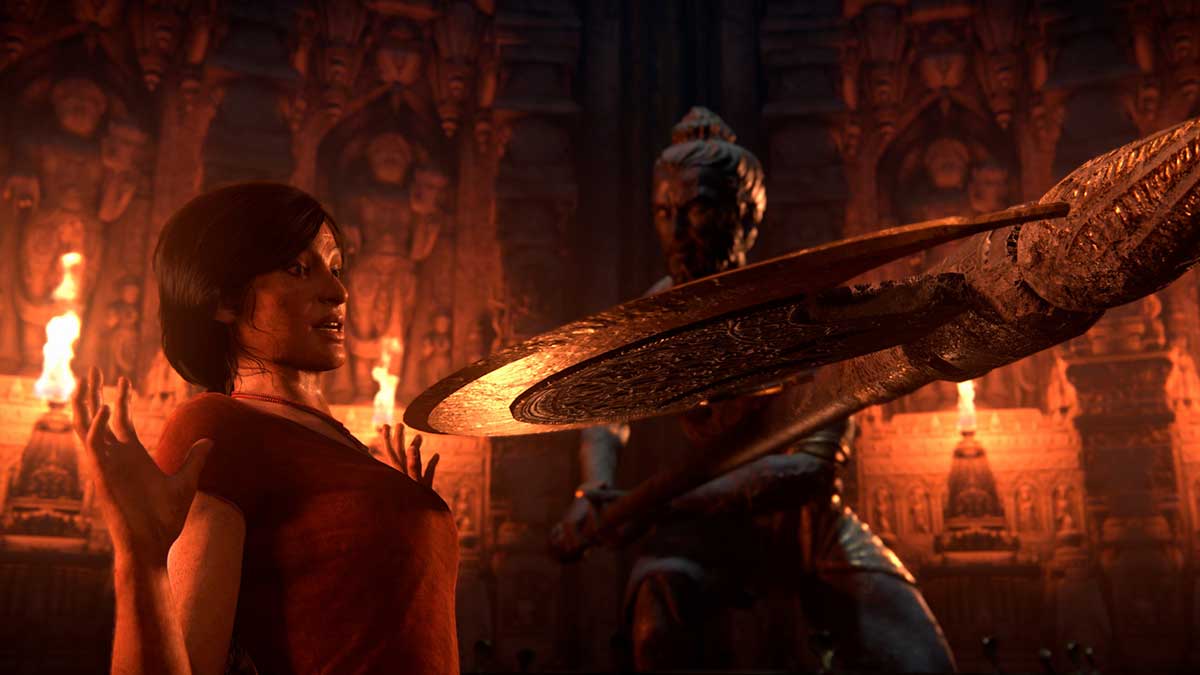
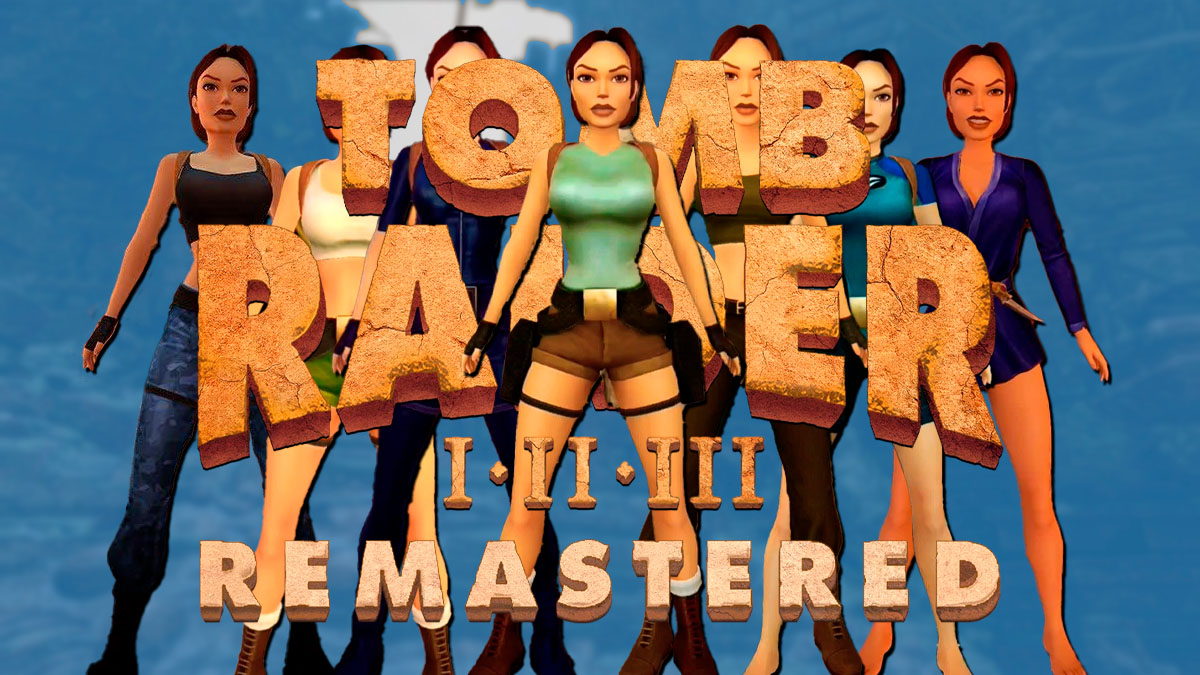
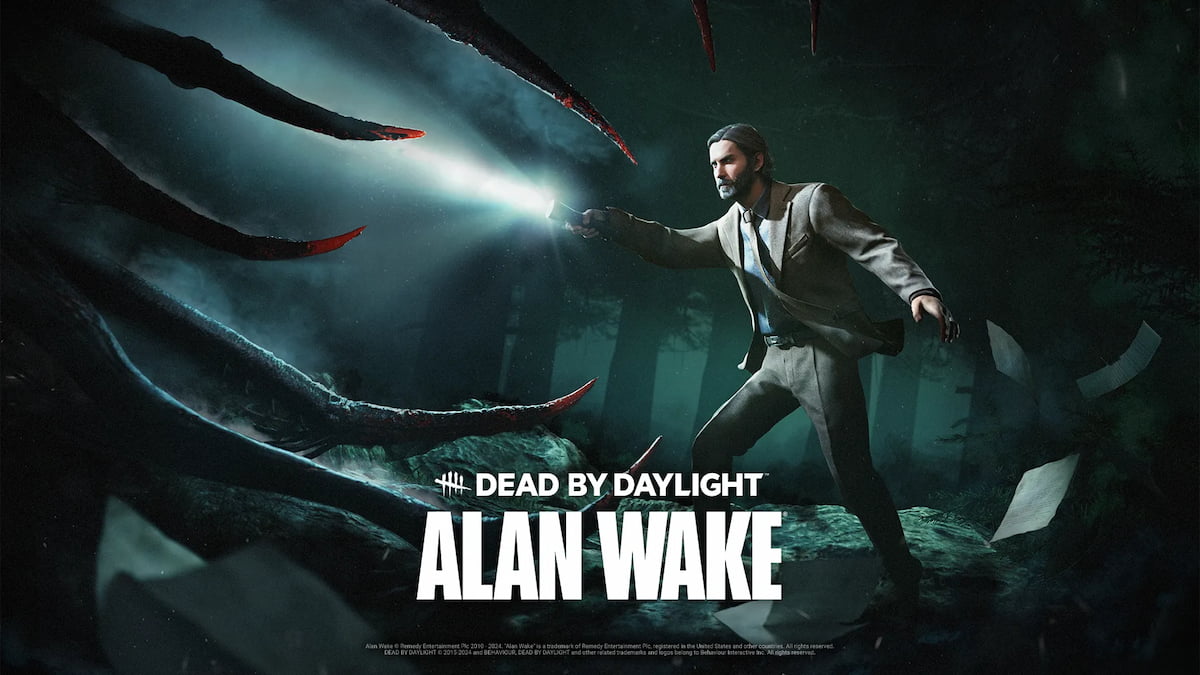
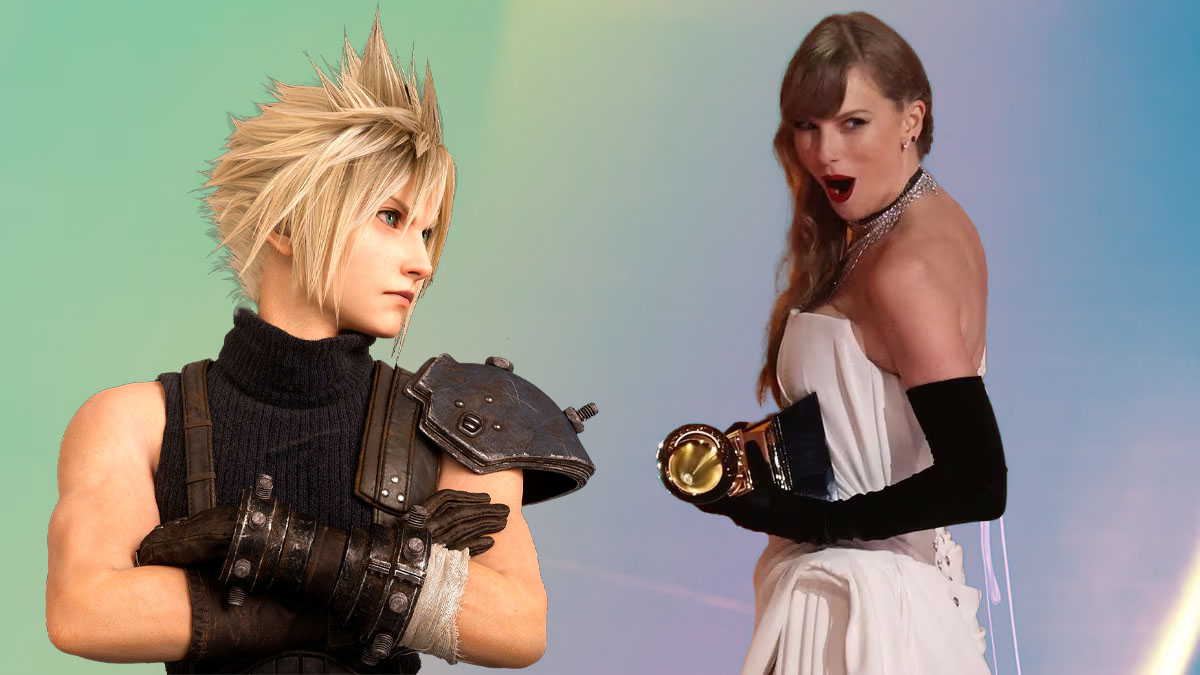

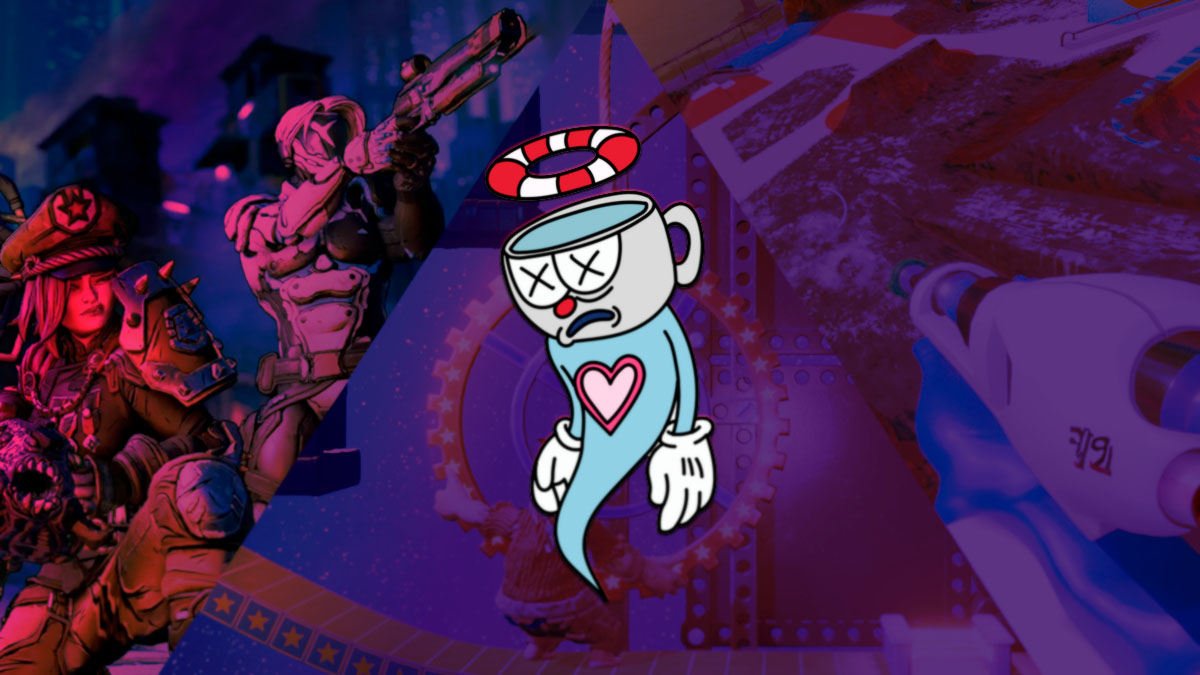
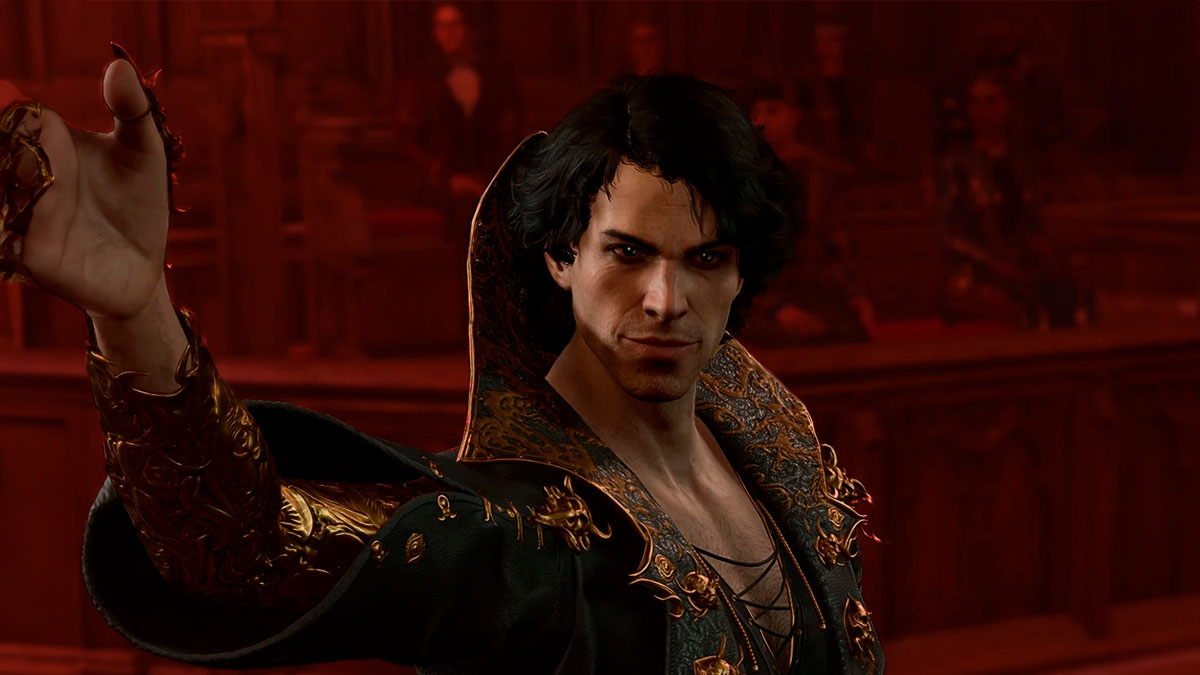
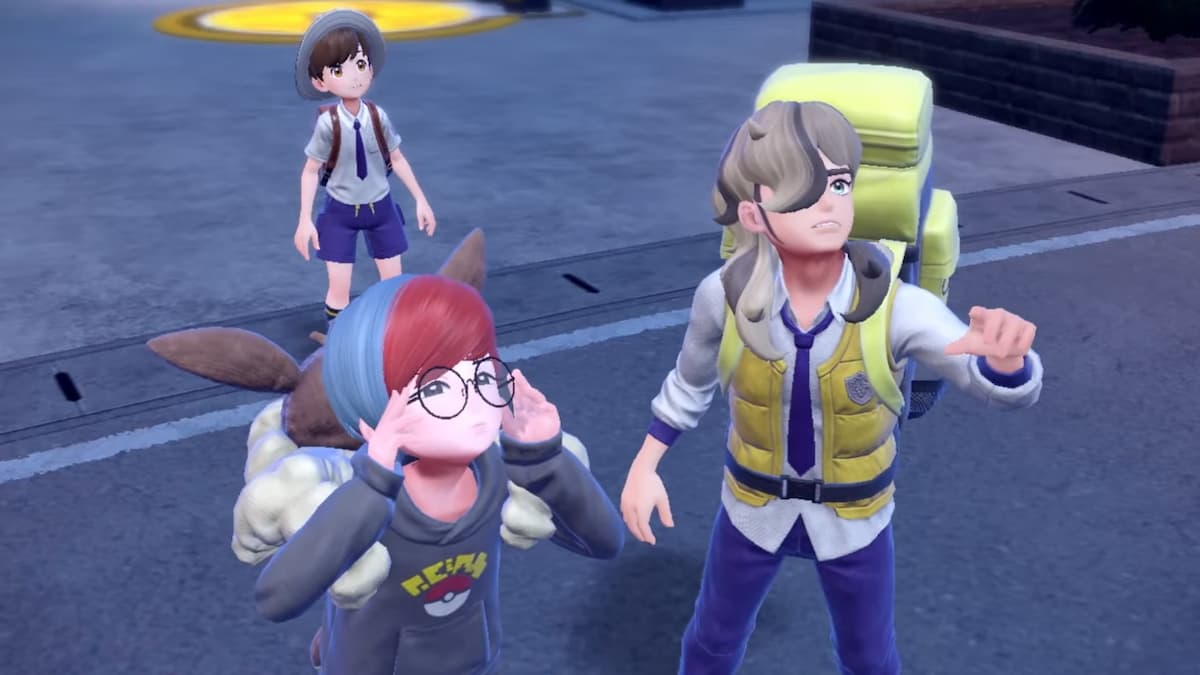
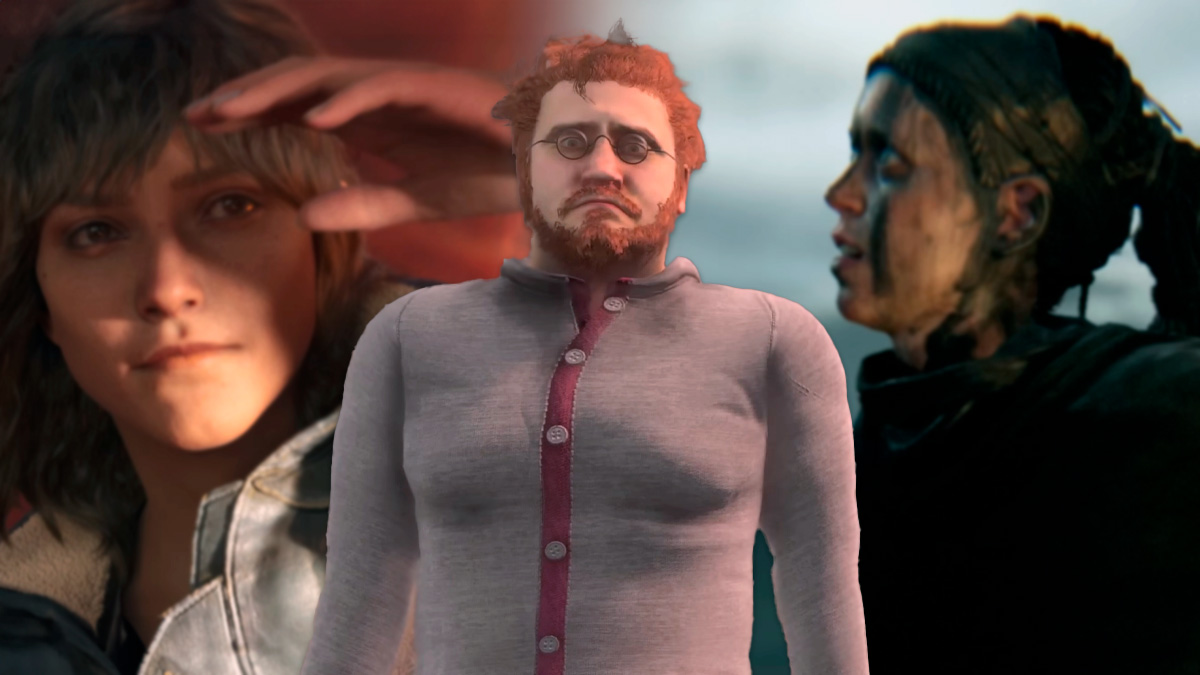
Published: Jan 28, 2022 03:32 pm